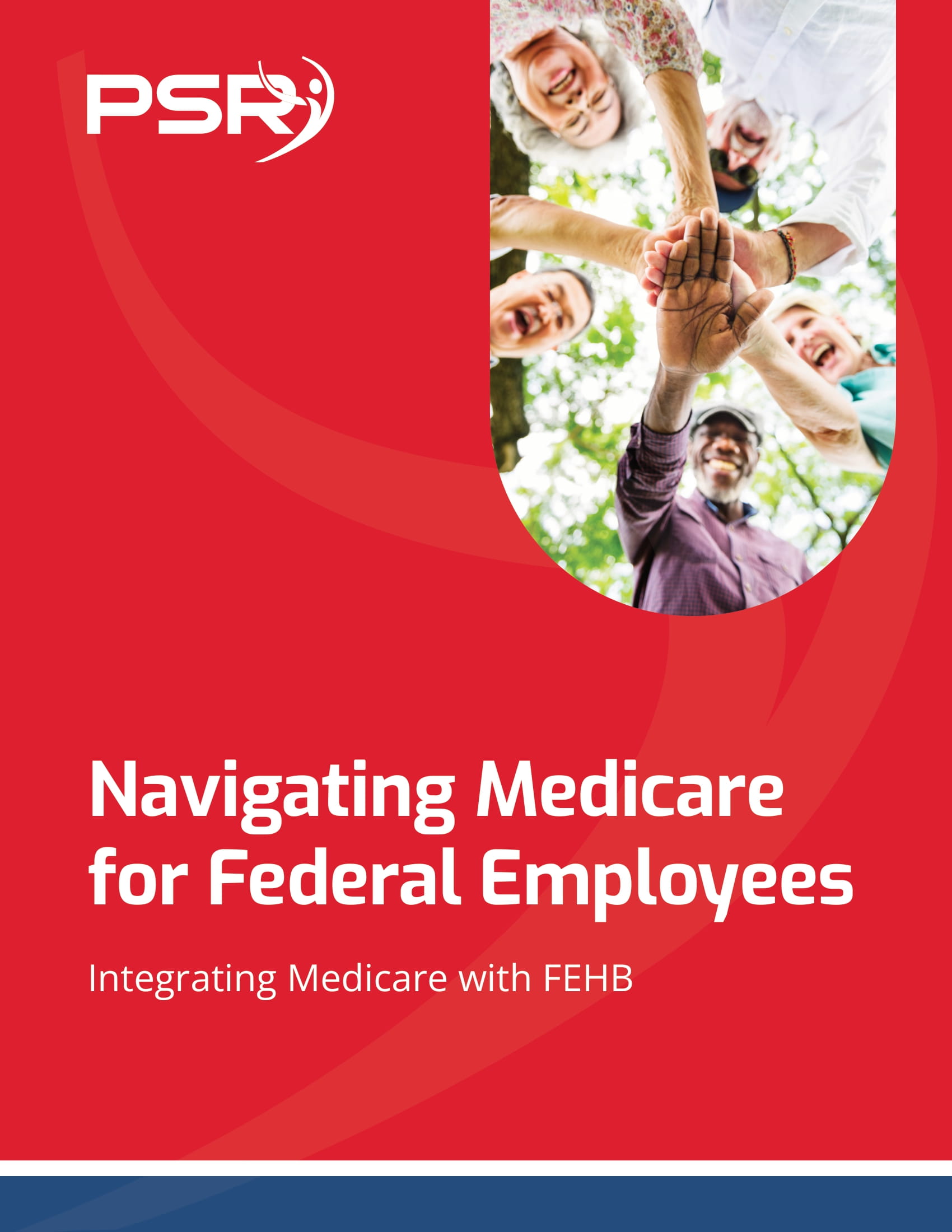Key Takeaways
-
Retiring early under FERS can come with unexpected financial penalties, reduced annuity payments, and increased healthcare costs that impact long-term security.
-
Understanding the hidden costs and planning accordingly can help you make a more informed decision about whether early retirement is the right move.
The Real Cost of Retiring Early: What You Need to Know
Early retirement under the Federal Employees Retirement System (FERS) might sound appealing, but it comes with financial trade-offs that many federal employees don’t anticipate. While the idea of enjoying more free time and less work-related stress is tempting, leaving federal service before reaching full retirement eligibility
- Also Read: Divorce and Your Federal Pension—What Happens When You Split Assets and How It Could Affect Your TSP
- Also Read: What Happens to Your Federal Benefits After Divorce? Here’s the Lowdown
- Also Read: The Best FEHB Plans for 2025: Which One Fits Your Lifestyle and Budget the Best?
Here are three major financial drawbacks of early retirement under FERS that could take you by surprise.
1. Your FERS Annuity Will Be Reduced More Than You Think
One of the biggest surprises for federal employees who retire early is how much their FERS annuity gets reduced. The FERS annuity calculation is based on your High-3 average salary and years of creditable service, but retiring before reaching full eligibility can result in lower monthly payments than expected.
MRA+10 Retirement Comes With a Penalty
If you retire under the Minimum Retirement Age (MRA) +10 provision, which allows you to leave federal service as early as age 57 with at least 10 years of service, your annuity will be permanently reduced by 5% for every year you retire before age 62. This means if you retire at 57, your annuity could be cut by 25%—a significant reduction that may not be sustainable over the long term.
The Special Retirement Supplement (SRS) Isn’t Always Available
FERS retirees who retire at their Minimum Retirement Age (MRA) with at least 30 years of service or at age 60 with 20 years of service qualify for the Special Retirement Supplement (SRS), which provides additional income until Social Security kicks in at age 62. However, if you retire early under MRA+10 or another provision, you won’t receive this benefit, leaving a financial gap until Social Security eligibility.
Time Matters: How Delaying Retirement Impacts Your Annuity
-
Retiring at 57 with 20 years: Permanent annuity reduction due to MRA+10 rules, no SRS.
-
Retiring at 60 with 20 years: Full annuity without penalty and access to SRS.
-
Retiring at 62 with 20+ years: Higher annuity with no reductions.
While it may seem like you’re gaining extra years of freedom by retiring early, the financial consequences of a lower annuity can quickly outweigh the benefits.
2. Your Healthcare Costs Will Skyrocket
Health insurance is one of the most significant hidden costs of early retirement, especially for federal employees who rely on the Federal Employees Health Benefits (FEHB) Program. Leaving federal service early can make maintaining coverage more expensive or even force you into alternative healthcare options that are less favorable.
FEHB and Early Retirement: What Changes?
If you retire before age 60 with fewer than 20 years of service, you may lose government contributions to your FEHB premiums, forcing you to pay the full cost out of pocket. Given that FEHB costs rise annually, this can quickly eat into your retirement savings.
Additionally, Medicare does not kick in until age 65, leaving you responsible for healthcare coverage during the gap years if you retire early. This often means paying significantly more for health insurance or considering costly private alternatives.
How Medicare Factors In
-
If you retire early, you must cover all healthcare costs until you reach Medicare eligibility at 65.
-
Retiring at 62 allows you to remain on FEHB but without access to Medicare benefits until age 65.
-
If you’re eligible for Medicare at 65, many FEHB plans coordinate benefits to reduce costs—but only if you’re still enrolled.
The bottom line? Leaving federal service too soon can leave you scrambling for affordable healthcare options while draining your retirement savings faster than expected.
3. Your Thrift Savings Plan (TSP) Withdrawals May Be Penalized
Many federal employees plan to use their Thrift Savings Plan (TSP) to help cover retirement expenses. However, retiring too early can mean paying penalties on withdrawals or having limited access to your funds.
The Age 55 Rule vs. Age 59½ Rule
-
If you retire at age 55 or later, you can withdraw from your TSP without the 10% early withdrawal penalty.
-
If you retire before 55, you generally cannot access TSP funds without a penalty until age 59½, unless you use a Substantially Equal Periodic Payment (SEPP) strategy, which locks you into fixed withdrawals.
Why Early Withdrawals Can Be a Problem
If you rely too heavily on your TSP early in retirement, you may deplete your savings too soon, leaving you financially vulnerable in later years. Additionally, TSP withdrawals are subject to ordinary income tax, which can further reduce your retirement funds.
Is Early Retirement Worth It? Make Sure You’re Ready
Retiring early under FERS isn’t necessarily a bad decision, but it’s one that requires careful planning. The loss of income due to annuity reductions, higher healthcare costs, and potential penalties on TSP withdrawals can add up quickly, making early retirement more expensive than it initially appears.
Before You Retire Early, Ask Yourself:
-
Can I afford a reduced annuity for life?
-
How will I cover health insurance costs before Medicare kicks in?
-
Do I have enough savings to avoid TSP withdrawal penalties?
If you’re not confident in your answers, delaying retirement or working part-time to maintain benefits might be a smarter choice.
For more guidance, get in touch with a licensed agent listed on this website who can help you understand your options and avoid costly mistakes in early retirement.











